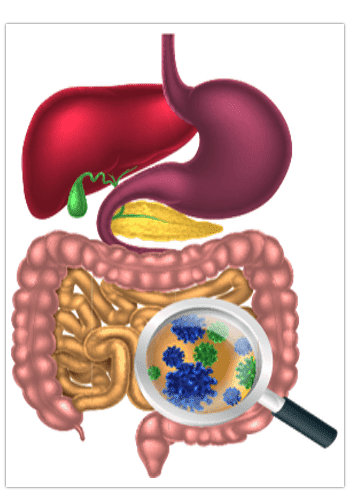Introduction
In today's fast-paced world, where convenience often takes
precedence over nutrition, it's crucial to take a closer look at the foods we
consume on a daily basis. While we may be aware of the impact of unhealthy
eating habits on our overall well-being, we often overlook the detrimental
effects these foods can have on our fat cells. In this blog post, we will delve
into how the foods we eat can make our fat cells sick and discuss the
importance of adopting a healthier approach to our diets.
Understanding the Relationship Between Food and Fat Cells:
1. What happens when we consume unhealthy foods?
When we consume foods that are high in unhealthy fats,
excessive sugars, and artificial additives, our fat cells become overwhelmed.
These foods provide our bodies with empty calories and lack essential
nutrients, resulting in a compromised metabolic function. As a result, fat
cells begin to store more fat, leading to weight gain and an increased risk of
obesity-related diseases.
2. How does unhealthy food affect fat cell inflammation?
Unhealthy foods are often laden with pro-inflammatory
ingredients that trigger chronic inflammation in our bodies. This inflammation
can damage fat cells and disrupt their normal functioning. When fat cells
become inflamed, they release a cascade of chemicals that further perpetuate
inflammation, making it difficult for our bodies to effectively burn fat and maintain
a healthy weight.
3. Can unhealthy foods contribute to insulin resistance?
Yes, a diet high in processed foods, refined sugars, and
unhealthy fats can lead to insulin resistance. When we consistently consume
these foods, our bodies' ability to regulate blood sugar levels becomes
impaired. This can result in the pancreas producing more insulin, leading to
insulin resistance and potential weight gain. Insulin resistance also increases
the risk of developing type 2 diabetes.
Steps to Make Your Fat Cells Healthy:
1. Opt for whole, unprocessed foods:
Choosing whole, unprocessed foods rich in essential
nutrients is crucial for maintaining healthy fat cells. These include fruits,
vegetables, lean proteins, whole grains, and healthy fats. By prioritizing
these foods, we nourish our bodies with the necessary vitamins, minerals, and
antioxidants to support optimal fat cell function.
2. Reduce your intake of added sugars and unhealthy fats:
Limiting your consumption of added sugars and unhealthy fats
can significantly improve the health of your fat cells. Opt for natural
sweeteners like honey or maple syrup, and choose healthier fats such as
avocados, nuts, and olive oil. Avoid processed and fried foods, as they usually
contain trans fats and excessive amounts of unhealthy oils.
3. Stay properly hydrated:
Water plays a vital role in maintaining healthy fat cells.
Proper hydration helps flush out toxins, supports metabolic function, and aids
in the breakdown of fats. Aim to drink at least 8 glasses of water per day, and
limit your intake of sugary beverages and alcohol.
FAQs
Q1: Can I still enjoy my favorite treats occasionally?
A: Yes, indulging in your favorite treats occasionally is
perfectly fine. The key is moderation. By making healthier choices most of the
time, you can enjoy your favorite foods without compromising the health of your
fat cells.
Q2: Are all fats bad for fat cells?
A: No, not all fats are bad for fat cells. Healthy fats,
such as those found in avocados, nuts, and fatty fish, actually support the
health of fat cells and aid in weight management.
Q3: Will improving my diet alone help me lose weight?
A: While improving your diet is a crucial step towards
weight loss, it is essential to combine it with regular physical activity and a
balanced lifestyle. Incorporating exercise and managing stress levels are
equally important in achieving and maintaining a healthy weight.
Conclusion
Our food choices have a profound impact on our overall
health, including the health of our fat cells. By understanding the negative
effects that unhealthy foods can have on fat cells, we can make conscious
decisions to prioritize nourishing, whole foods. By adopting a healthier
approach to our diets, we can ensure that our fat cells stay healthy,
supporting weight management and preventing obesity-related diseases. Remember,
small changes in your everyday eating habits can make a significant difference
in your long-term health.







Post a Comment